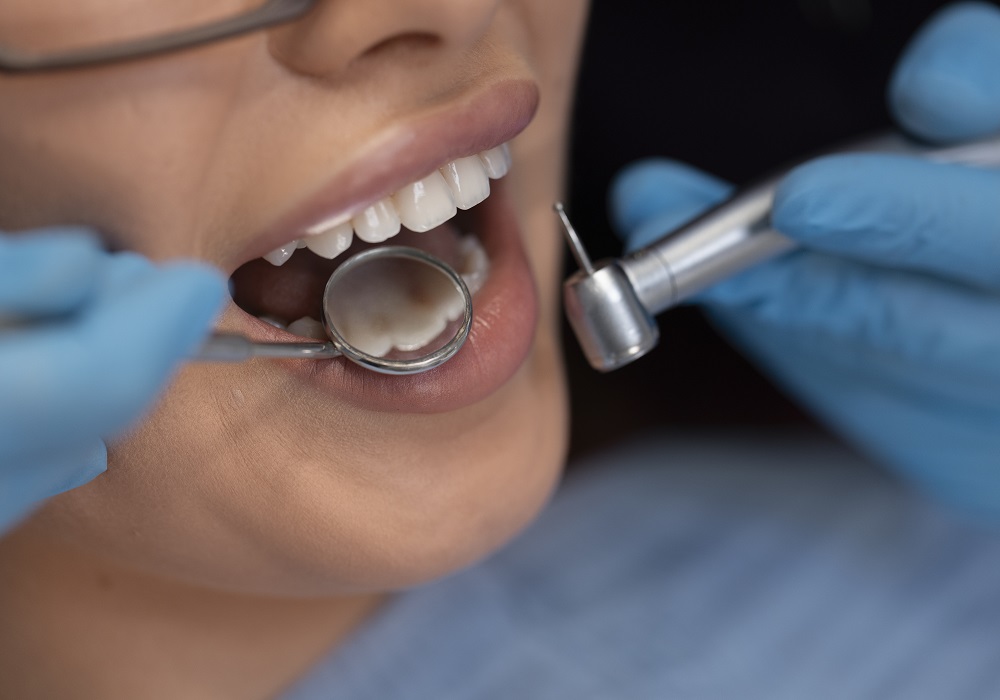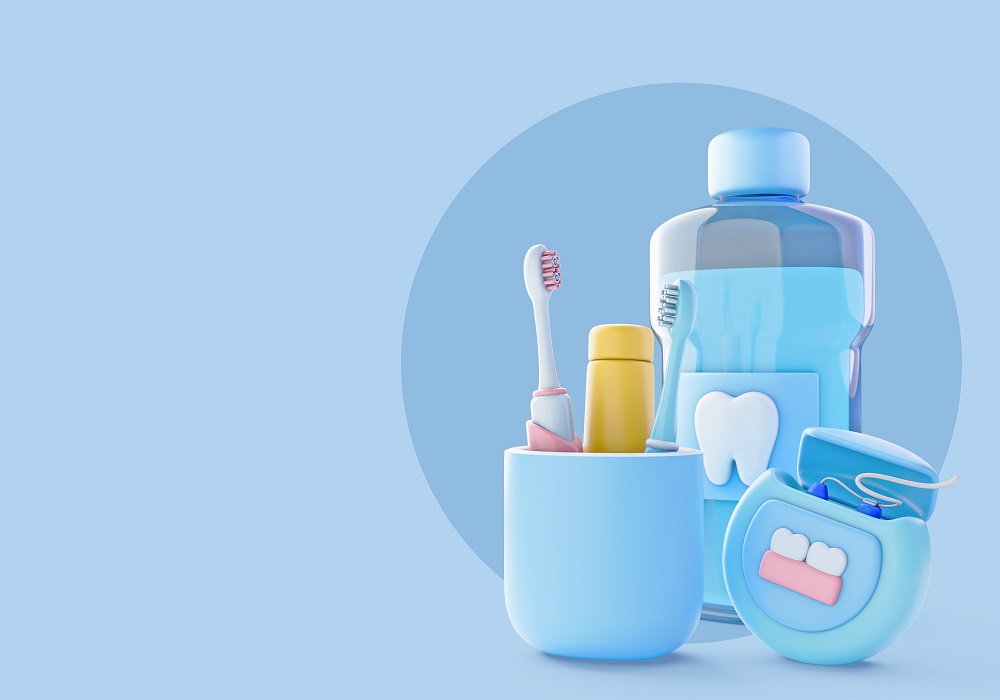Typically, it is advised to visit the dentist every six months for a checkup. These routine examinations provide your dentist the chance to keep an eye on your oral health, spot any possible problems before they become serious, and offer preventive therapy to keep your teeth and gums healthy. Additionally, routine dental checkups can aid in preventing the emergence of more complicated dental issues that might call for more involved and expensive treatments.
However, the frequency of dental exams might change depending on personal factors including your oral health, age, likelihood of developing dental issues, and any ongoing dental treatments you might be receiving. Some individuals with excellent oral health may require fewer examinations, whilst others with certain dental concerns may need more regular examinations.
The best schedule for your dental checkups will be decided in consultation with your dentist based on your unique needs and current state of oral health. Your dentist may advise more regular visits or a customised treatment plan if you have particular worries or persistent tooth issues.
What are some common dental issues?
The most common dental issue is tooth decay, also referred to as dental caries or cavities. It happens when oral bacteria release acids that attack and weaken the enamel, causing holes or cavities to grow in the teeth.
- Gum disease, also known as gingivitis and periodontitis, is an infection of the gums brought on by the accumulation of plaque and tartar on the teeth. The early stage of gum disease, gingivitis, is reversible with good oral care. It can develop into periodontitis, a more serious form of gum disease that can result in tooth loss, if addressed.
- Tooth Sensitivity: When teeth are exposed to hot, cold, sweet, or acidic foods and drinks, tooth sensitivity may result in discomfort or pain. It frequently results from exposed tooth roots, eroded enamel, or receding gums.
- The slow loss of dental enamel brought on by acidic chemicals is known as tooth erosion. Acidic meals, drinks, or stomach acid (in cases of acid reflux) can cause enamel erosion, which increases sensitivity and tooth decay susceptibility.
- Halitosis: Poor oral hygiene, gum disease, dry mouth, and certain medical disorders can all contribute to persistent bad breath.
- Tooth discoloration: Age, smoking, certain meals and drinks, poor oral care, and other factors can cause teeth to become discoloured or stained.
- Tooth Fractures: Trauma, biting down on hard objects, or dental problems like big fillings that weaken the tooth structure can cause teeth to chip, crack, or break.
- Malocclusion (Misaligned Teeth): Malocclusion is the term for poor tooth alignment, which can cause complications with the bite, speech, and potential dental disorders.
- Infections of the teeth, gums, or oral tissues can cause abscesses or other disorders including oral thrush.
How much does a dental check-up cost?
The price of a dental exam is determined by your dental plan and the scope of the work completed during the visit. Depending on your dental plan, a regular teeth cleaning can be covered. At the time of your visit, your insurance company can also require a copay.
A dentist will give you a cost estimate in advance if they advise getting extra dental treatment done. A dental plan will cover a lot of dental procedures in part. Make sure to review your plan documentation in advance so you are aware of what is covered by your plan in order to reduce the expense of your dental exam.
How often do I need a dental check-up?
By seeing the dentist at least twice a year, you can keep your mouth and teeth in good overall condition and spot any issues early on. Tartar accumulation can result in long-term problems. Consider obtaining at least one dental exam and checkup every year to prevent dental issues that call for pricey procedures.
Make sure you are aware of the dental services that are covered if you have a dental plan. Depending on what you need done and the sort of dental insurance you have, dental prices can vary. By being aware of the kind of dental operations and treatments that your plan covers beforehand, you may start to control expenditures.
FAQ
How many months dental checkup?
A six-monthly checkup may help you maintain good oral health and prevent future dental issues, but it may also result in unneeded dental procedures. Less frequent checkups, however, run the risk of allowing dental issues to worsen, necessitating complex and expensive treatment.
Is it painful to get your teeth cleaned?
Tooth cleanings shouldn't be painful. If a patient does feel pain, it is typically brought on by complicating circumstances. For instance, tooth decay, gum disease, and other signs of oral disease can increase sensitivity, which makes cleaning extremely uncomfortable.



 Dental Checkup Services
Dental Checkup Services
 Our range of products
Our range of products
 Oral Care Blogs
Oral Care Blogs

Recent Comments